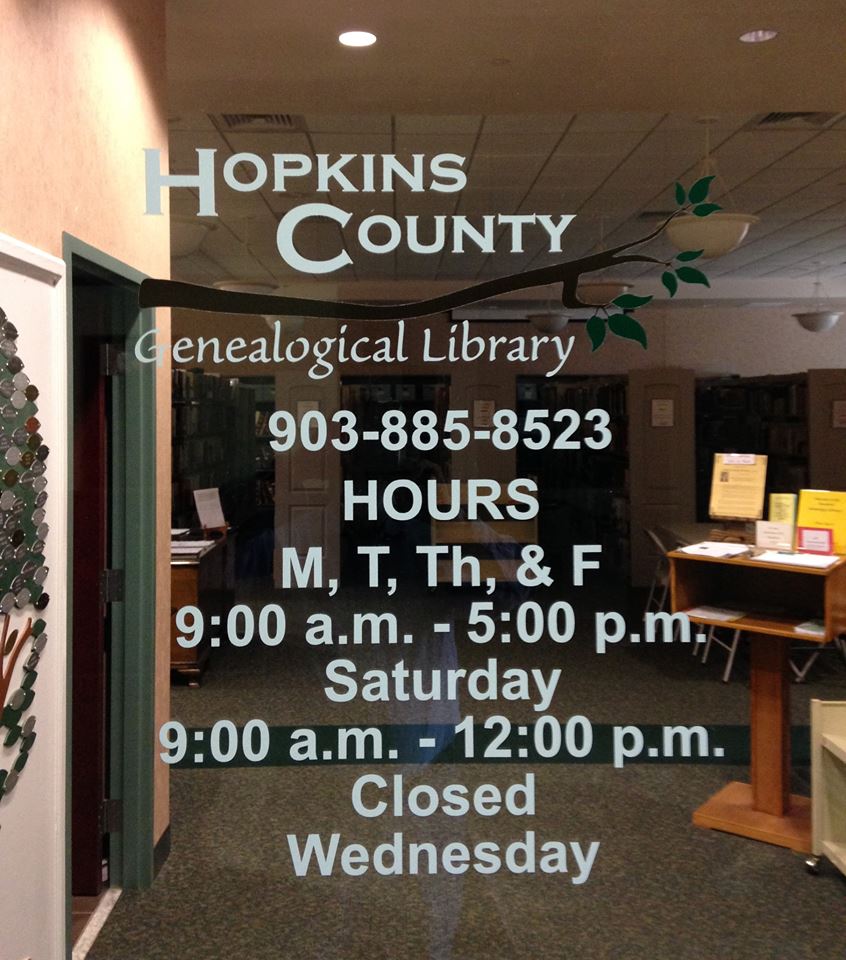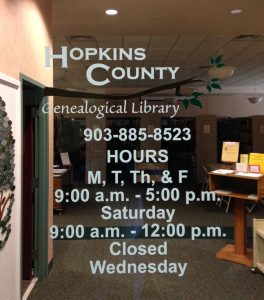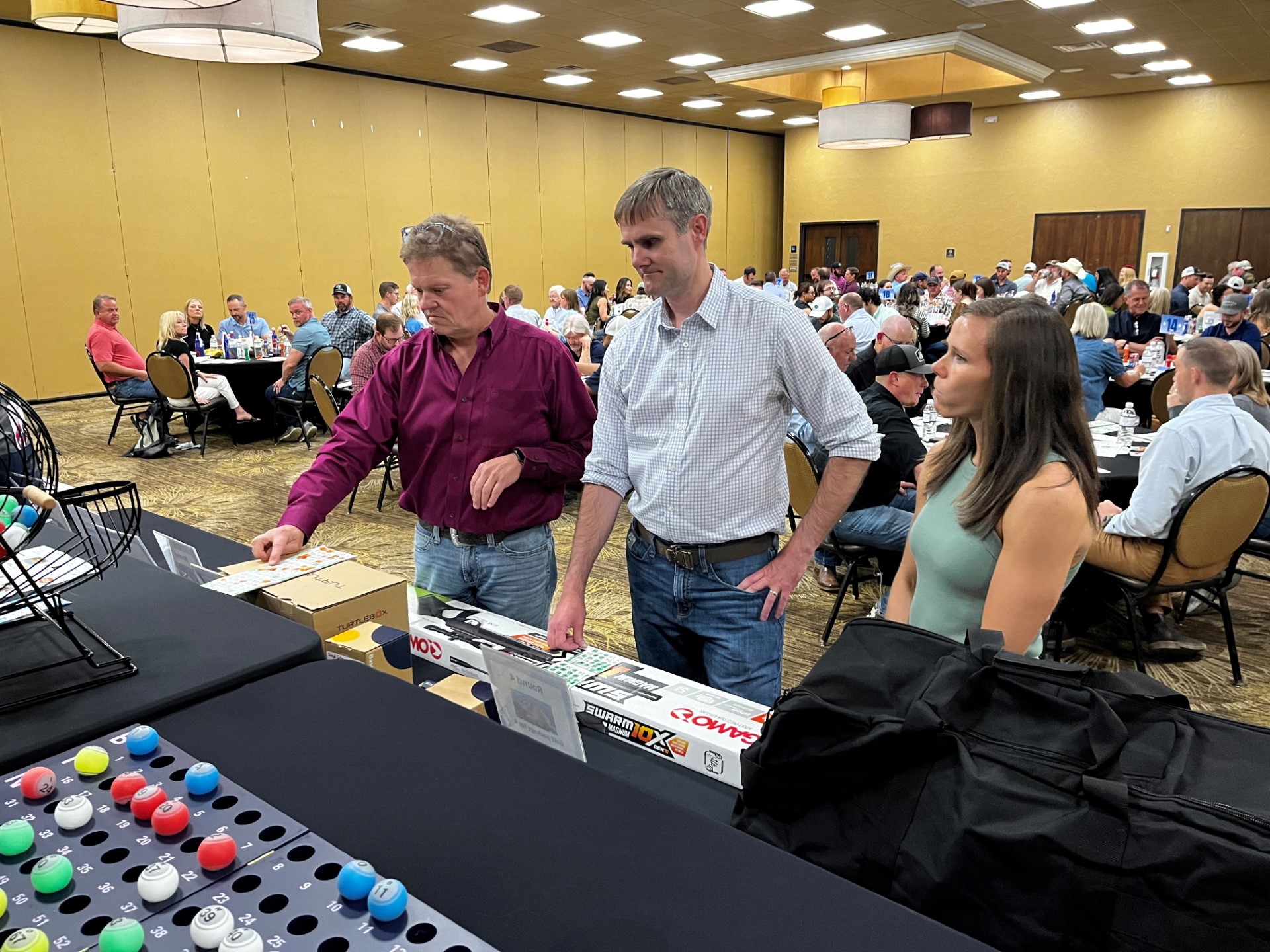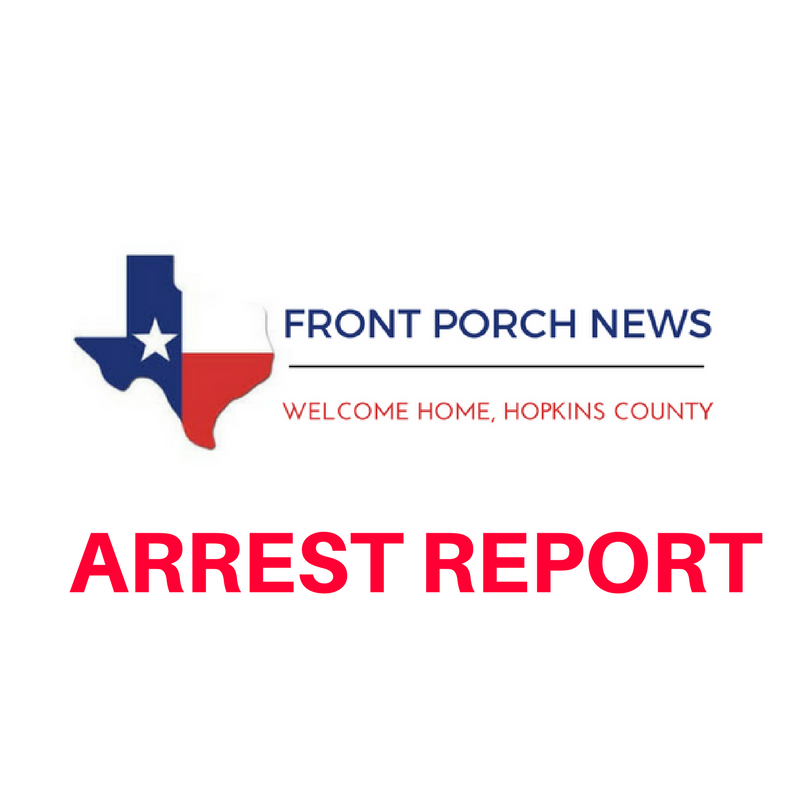Hopkins County Genealogical Society Monthly Meeting February 22, 2018 Minutes

[adning id=”33097″]

Hopkins County Genealogical Society Monthly Meeting
February 22, 2018
The Hopkins County Genealogical Society met on February 22, 2018 in the library at 611 N. Davis Street at 7:01PM. 1st Vice President Rhonda Bechholdcalled the meeting to order and welcomed everyone. Ronny Glossup opened the meeting with a prayer.
Rhonda asked if everyone had read over the minutes. There were no questions. The minutes will be filed as prepared. There were also no questions or comments regarding the financial report, so it will be filed as prepared.
With the business portion of the meeting concluded, 1st Vice President Rhonda Bechhold introduced the speaker, Dawna Alsabrook, of Mansfield, Texas.She is an active researcher of the Orphan Train Movement, and a frequent speaker on the subject.
Ms. Alsabrookbegan by describing how she became interested in the history of the orphan train through her own family connection. Her father, George LahnMeason, was born in New York City and came to Whitewright, TX, on an orphan train. She did not know her father had ridden on an orphan train until she was in her late 30s. She knew he was an orphan, and that he had been adopted, but people did not talk about the orphan train for many years.
George and his siblings were born into a poor family living in a tenement in Brooklyn. His father was a peddler. His mother had a total of five children, two boys and three girls. In 1915, the family left the tenement. They were probably giving up custody of their children to the state of NY. Their father was paying a small stipend to the state for their support. When their mother died in 1916, the father stopped paying the stipend. The children became wards of the court. George and his brother were sent together to Texas in 1920. He got off at Whitewright, his brother did not. Julius came to Sulphur Springs, where he ended up with the Ardis family. The brothers wanted to stay together, but they were pulled apart at the Whitewright depot. The girls also came to Whitewright and grew up in Fannin County, but they came on a different train. They all ended up with different families.
Many of the orphan train riders were taken by families that wanted the orphans to work for them, not to be regular family members. The prospective families would inspect the kids like cattle on the platform at the depot. They would probe their teeth inside their mouths. The girls were expected to take care of other children, to clean house, to cook, etc. The boys were expected to work on the farm feeding and milking cows, cleaning the barn, helping bale hay, etc.
When George was 14 or 15 years old, he came home one day to be told thathe had been signed up for the CCC (Civilian Conservation Corps). He had no choice in the matter. He received a very small allowance, but most of his small amount of pay was sent to his adoptive parents. After his period in the CCC was over, he came home to find out that the family had moved without telling him, and had left no forwarding address. He went around asking neighbors, and he finally found someone who told him where his family was located. He went out and found them. They expected him to get a job and earn some money to help support the family. This was during the depression, and times were very hard. George looked, but there was no work to be had. One day when he came home with no money, his father knocked him off the porch. That was a turning point in George’s life. He went back to the CCC, and signed up for an additional period of service. After that, he was out on his own, and he did not see his adoptive parents again for years.
Years later, George heard there was a sixth sibling. His sisters did not believe it, but there is documentation to prove it. Ms. Alsabrook thinks his parents changed his name. She is convinced she has been able to identify him, but she has not been able to document that he is indeed the missing sibling.
She concluded by saying she has enjoyed every minute of her genealogical research. Her advice to others is, don’t ever give up! Genealogists look for the dead, and hope for the living.
Next month’s speaker will be Paul Riddenour. The door prize winner was Patsy Bolton.
Those in attendance included Vivian Dennis-Monzingo, MontieMonzingo, Jerry Gregg, Katie Patterson, Marie Chester, Jean Bell, Marilyn Smith, Don Fausett, Sue Tittle, Jan Stovall, Billy Lucas, Don Smith, Hal Romack, Barbara Romack, Greg Romack, Patsy Bolton, Ronny Glossup, Anita Glossup, W. B. White, Jr., Phyllis Brown, Mickey Mills, Joe Mills, Rhonda Bechhold, CarolAnn Dixon, Pat Goggans, Billie Ruth Standbridge, Morgan Standbridge, and Marcos S. Mehlhoff.
Themeeting was adjourned at 7:50 PM.
[adning id=”33207″]
[adning id=”33207″]
[adning id=”33207″]














